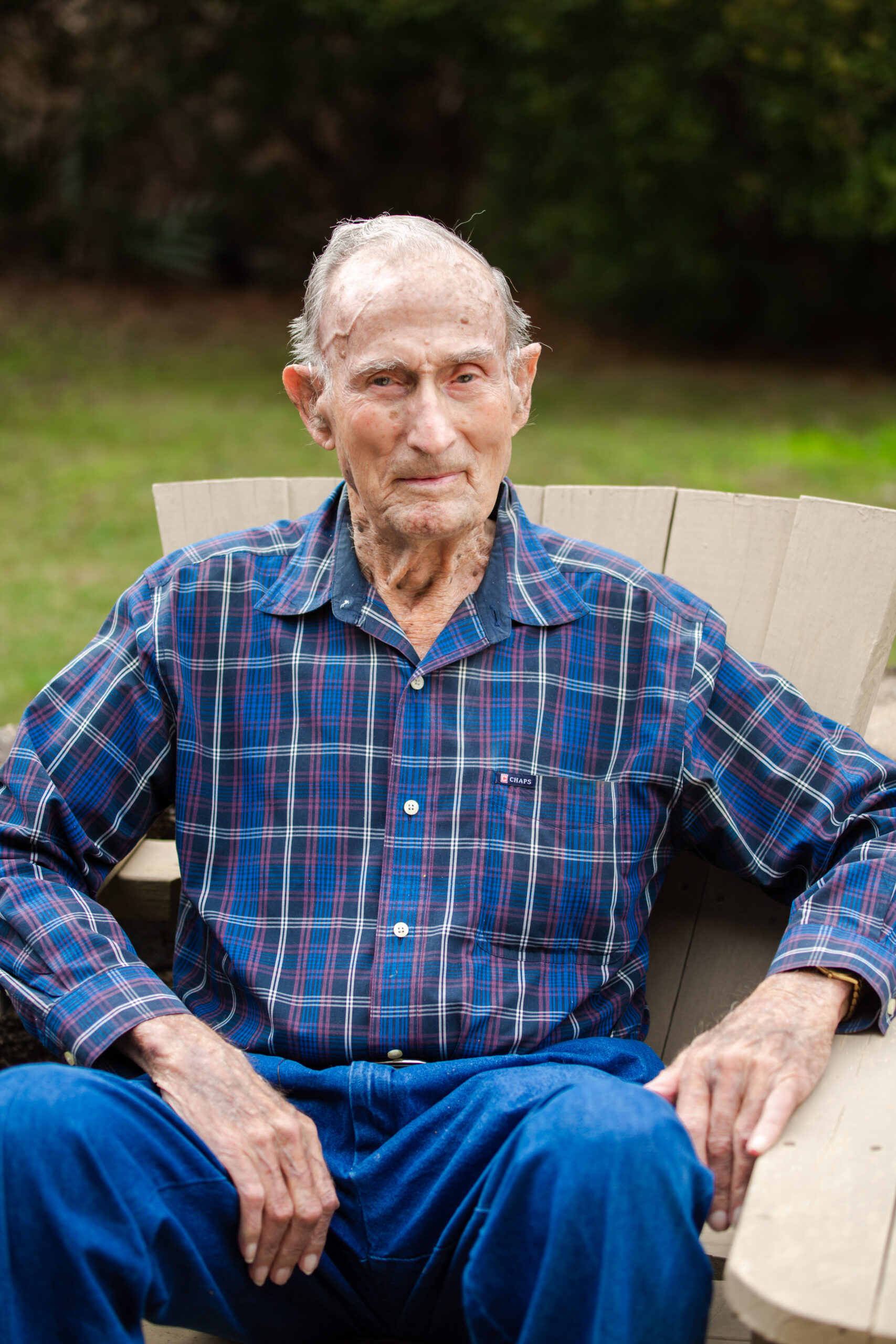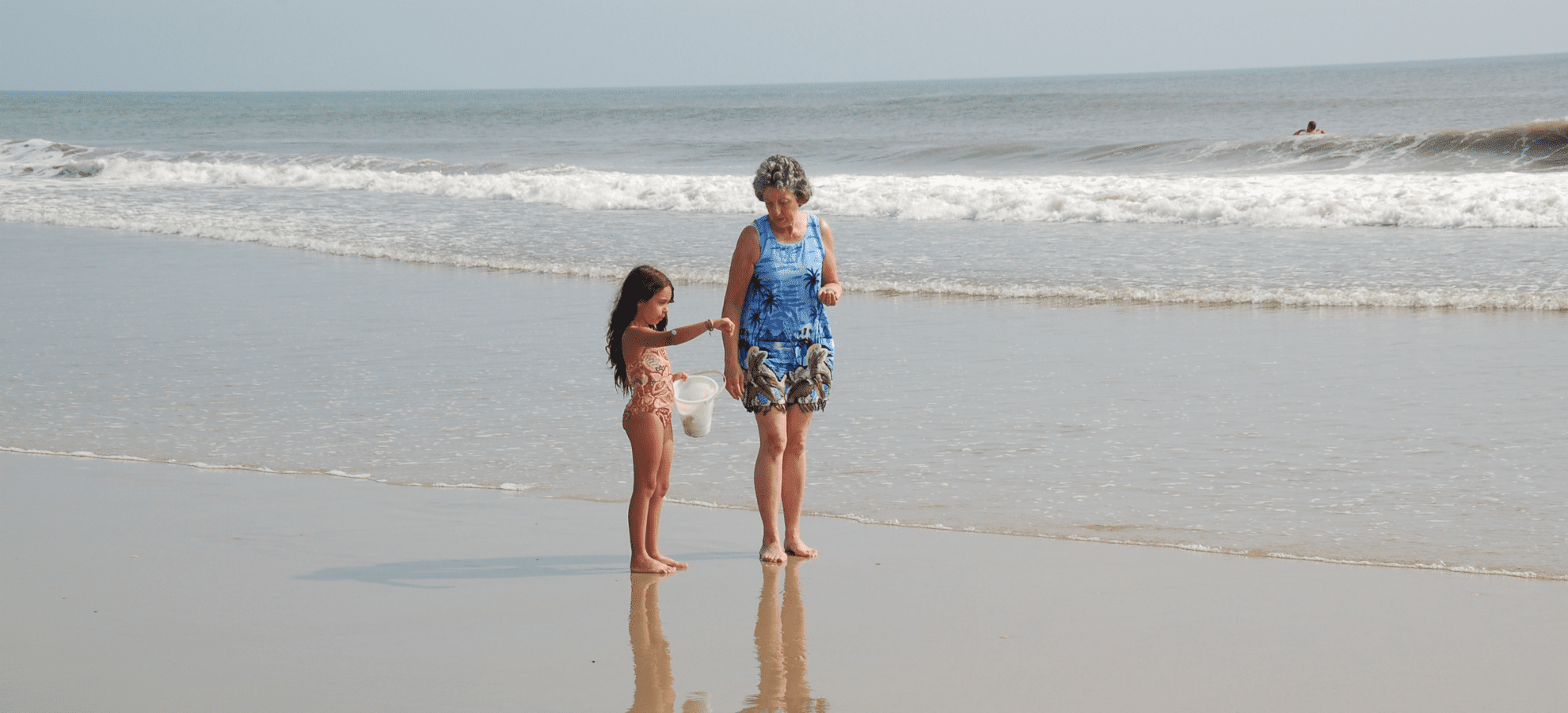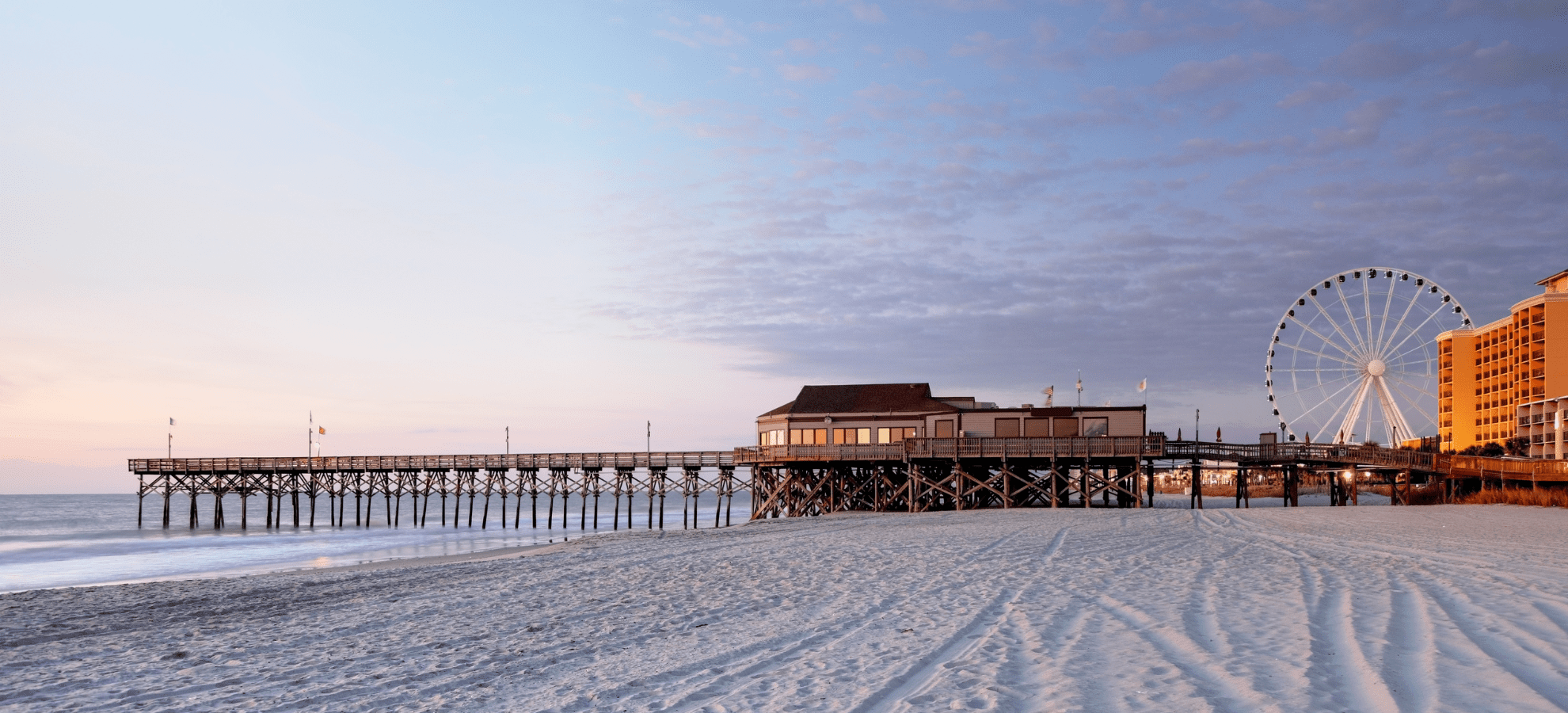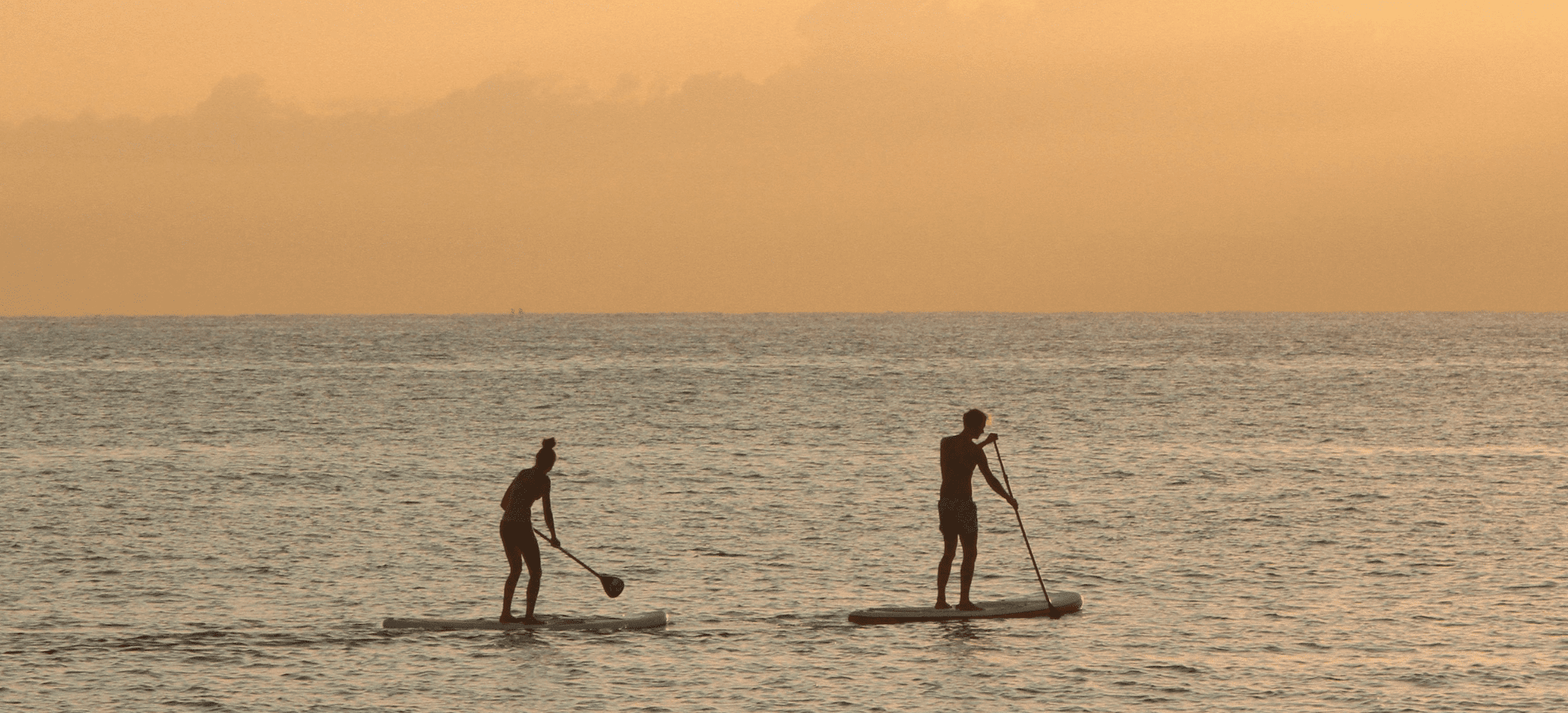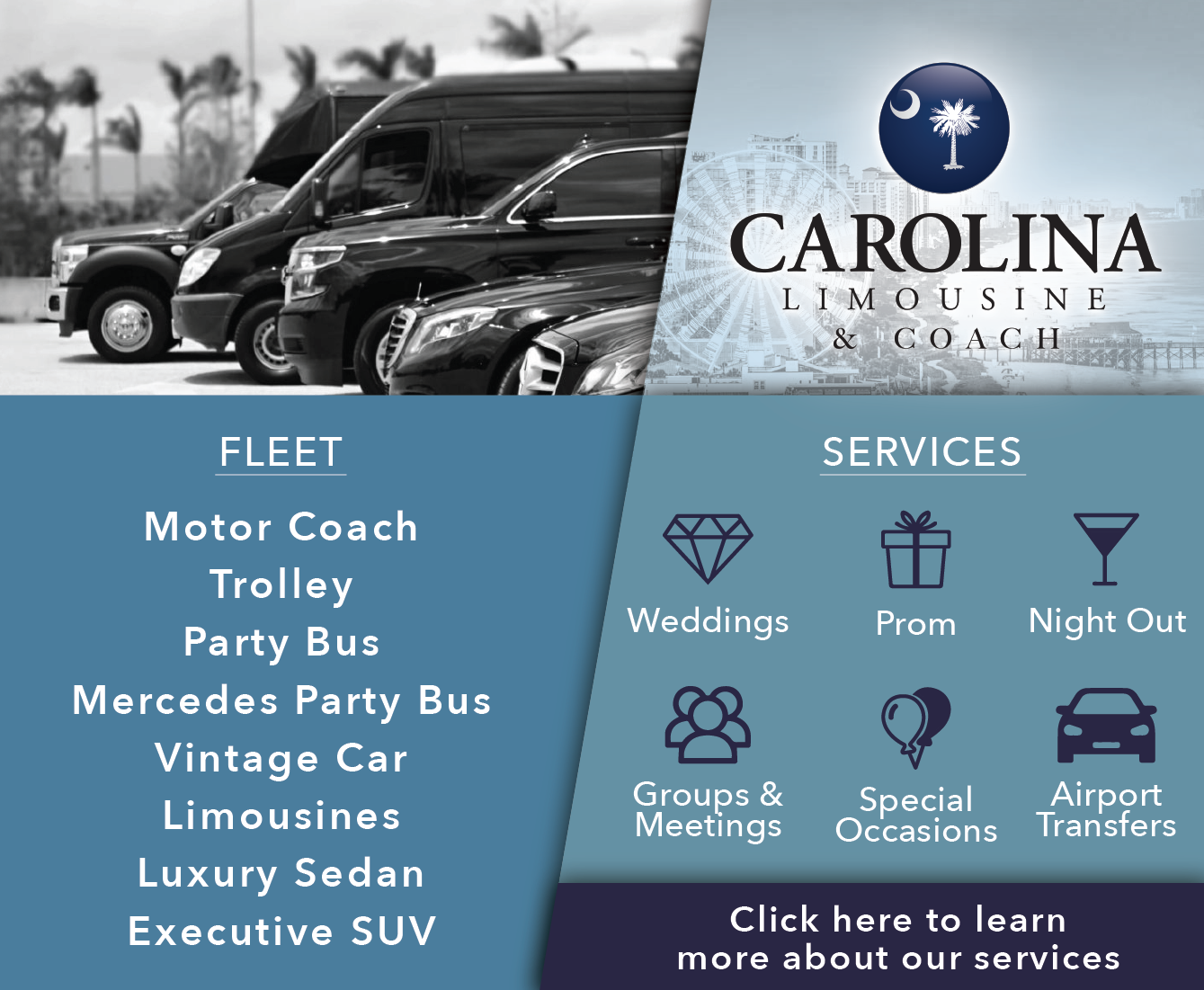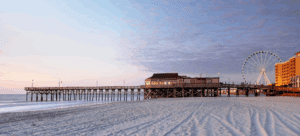Born in the Roaring ‘20s— U.S. Air Force Airman 1st Class, Farmer, Epic Traveler
Celebrate Our Veteran gives voice to the stories of the U.S. military veterans living amongst us. The actions of these brave and dedicated people, who have served our country both in active military duty as well as administrative positions, have and continue to contribute to the protection and preservation of us and our country.
We hope that this section of our paper is an opportunity for our community to hear and see veterans with new eyes, and for veterans to receive recognition and honor for their experiences and life journeys.
This month’s Celebrate Our Veteran recounts the story of William Oscar Warren, Jr., or WO, as told in his own words. This is part 1 of a two-part series.
by Melissa LaScaleia
“I was born in the hospital in Erwin, North Carolina, on August 4, 1925. Erwin is a big textile mill village. There were about 4000 people that worked in the mill, and the owners owned everything in town— they even built houses for the people to live in had a little fire department too.
My mother worked in the mill some, and my father was a carpenter. When I was six years old, we moved to Sampson County which was more rural. My grandfather, my father’s father had just died, and my father inherited land. The property was part of an original land grant from the English governor of New Bern, NC, that was bequeathed to my family in the 1700s. It was one square mile of land and forest, 35 acres of which was cleared. But to keep the inheritance, the stipulation was that he had to live and work on the land.
My father built our house and a barn and started a farm, growing corn, tobacco and cotton. My mother was still working in the cotton mill, and would get a ride to Erwin and back. She earned $9 for working for four days. I started school at Plainville, and kept going to school there until I was thirteen years old. Then we moved back to Erwin.
These were the Depression years, so we didn’t have any money. If Daddy could get ahold of a nickel, we’d go to the store and he’d buy me five Baby Ruth candy bars for a penny a piece; and they would have to last me for a week.
We had a big garden where we lived and grew vegetables and we got by that way. My mother canned a lot, so we would have food during the winter. We had an old Model T Ford truck, and would go every Saturday afternoon to get the supplies that we needed for the entire week.
Gas for the car was 10 cents a gallon. There was no extra money for anything. My cousin in Erwin had a bicycle, and I wanted to learn how to ride it. I was nine years old and my father said to me: ‘Well, maybe Santa will bring you one, if you learn how to ride.’ So I learned. And I’ll never forget, I got one for Christmas. I was the only boy for miles around who had a bicycle. About 100 people learned how to ride on that bicycle. Something as impactful as that— it stays in your mind, you remember.
I was doing farm work when I was eight years old. My father let me split the middle rows with a mule. I couldn’t plow the sides of the cotton or corn because I was too little, but as I got bigger I started doing all of it. I got up early in the morning and fed the hogs, mule, and chickens, and then I’d go to school. When I wasn’t in school, I’d go to the fields to work. I had two brothers who were born in 1936 and 1941.
During World War II, they were drafting young men for the service, but I had an exemption to help my father, who was sick, finish the crop year.
In 1944, England invaded France to get Hitler out, and about 40,000 soldiers were killed in the battles in Europe, and they needed man power. I answered the draft, but they turned me down, and to this day I don’t know why. I never asked them.
So I came back home and continued my life as a farmer, helping my father, and in 1953, I got married. I built a house in Erwin for myself and my wife, and had been married a year when I received an order to again report to Fort Bragg. I told my wife not to worry, because they had turned me down when they really needed help, and now WWII was over and so was the Korean War.
But when I showed up, they asked me if I wanted to serve in the Army or Navy— both of which were two year enlistment terms. I didn’t want to serve in either, and ended up choosing the Air Force which was a four year term, because that’s what I wanted to do.
I left in April 1954 for Raleigh, NC and then went to Lackland Air Force Base, in San Antonio, Texas for thirteen weeks of basic training. Then I went to specialized training in Biloxi, Mississippi, where I learned to be a radar operator. Radar operators work on the ground in the control room, and help direct the pilot to stay on course during flight.
I found a house to live in in Biloxi, and I wanted to go home to see my wife and bring her back with me. So I went to see my sergeant, who took me to see my captain, for permission. The captain said I couldn’t go home because I wasn’t permanent.
But then he said to me, ‘Do you think you can go home and be back here by Monday?’ And I said, ‘Yes sir. I think I can.’ So he put me on a plane and got me as close to Fort Bragg as possible. I took a bus the rest of the way home.”
To be continued…






